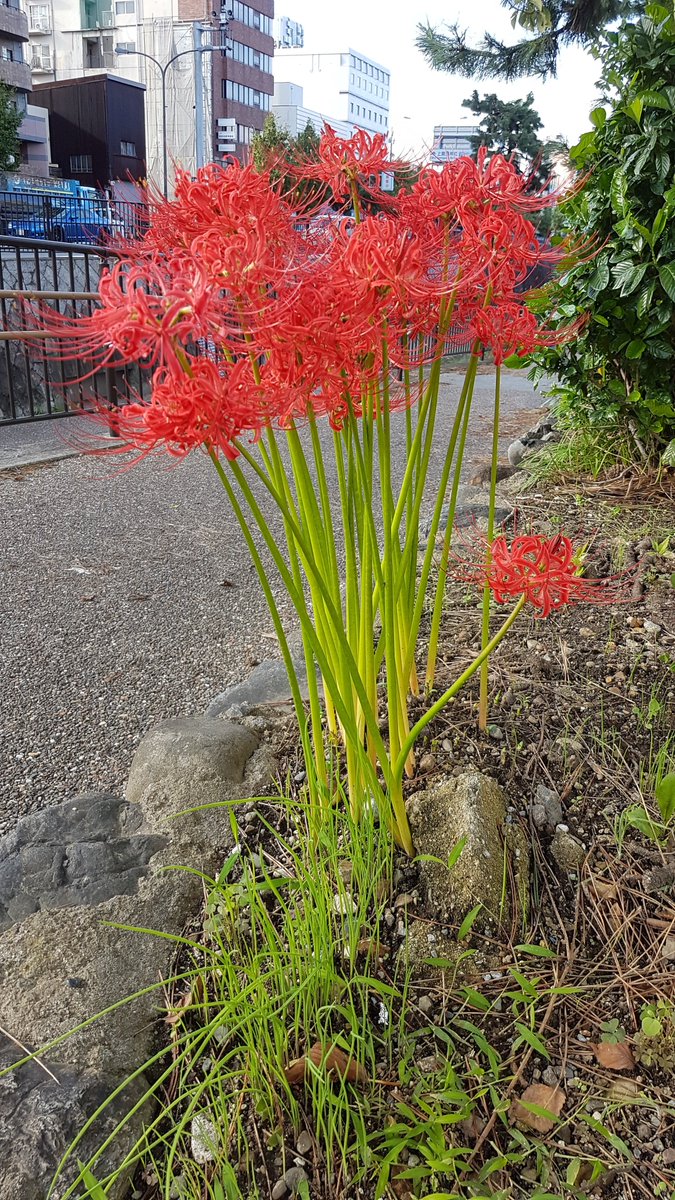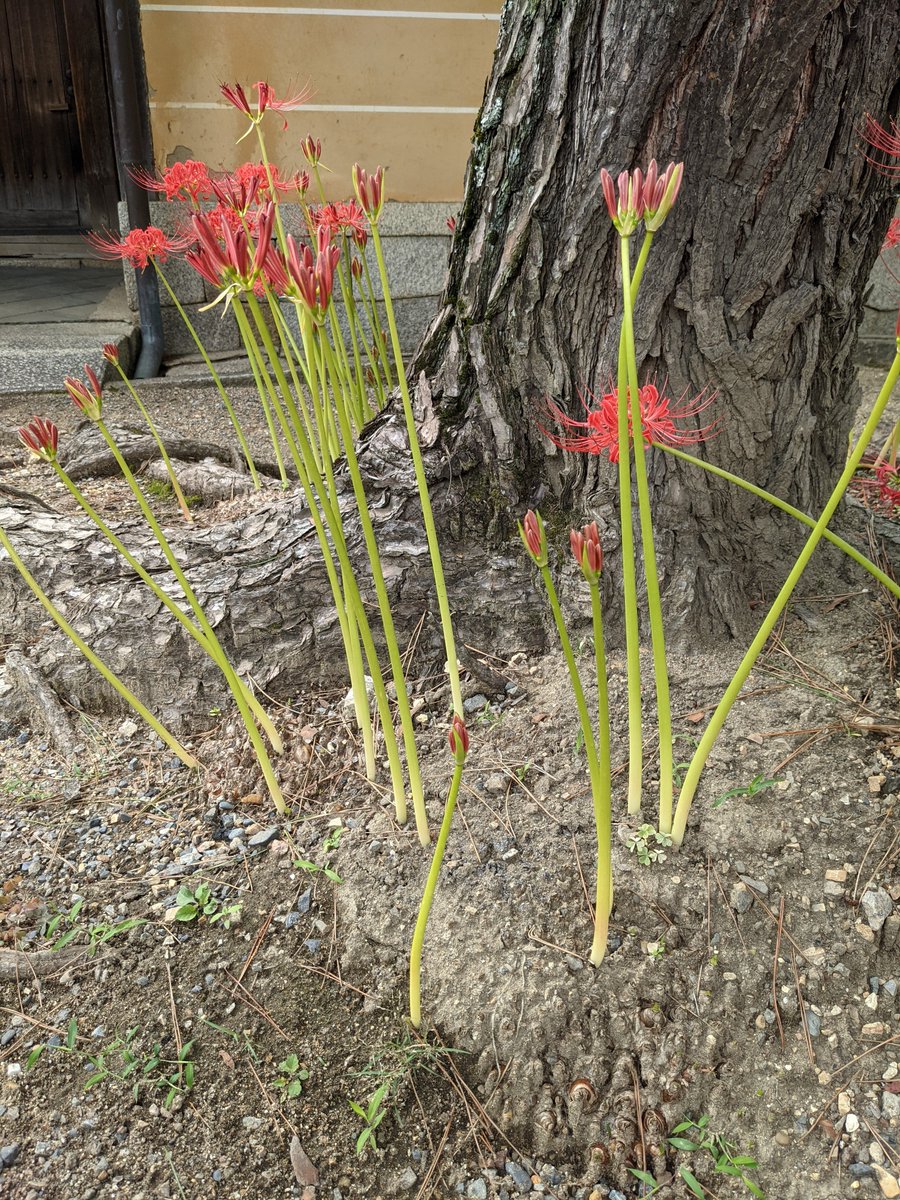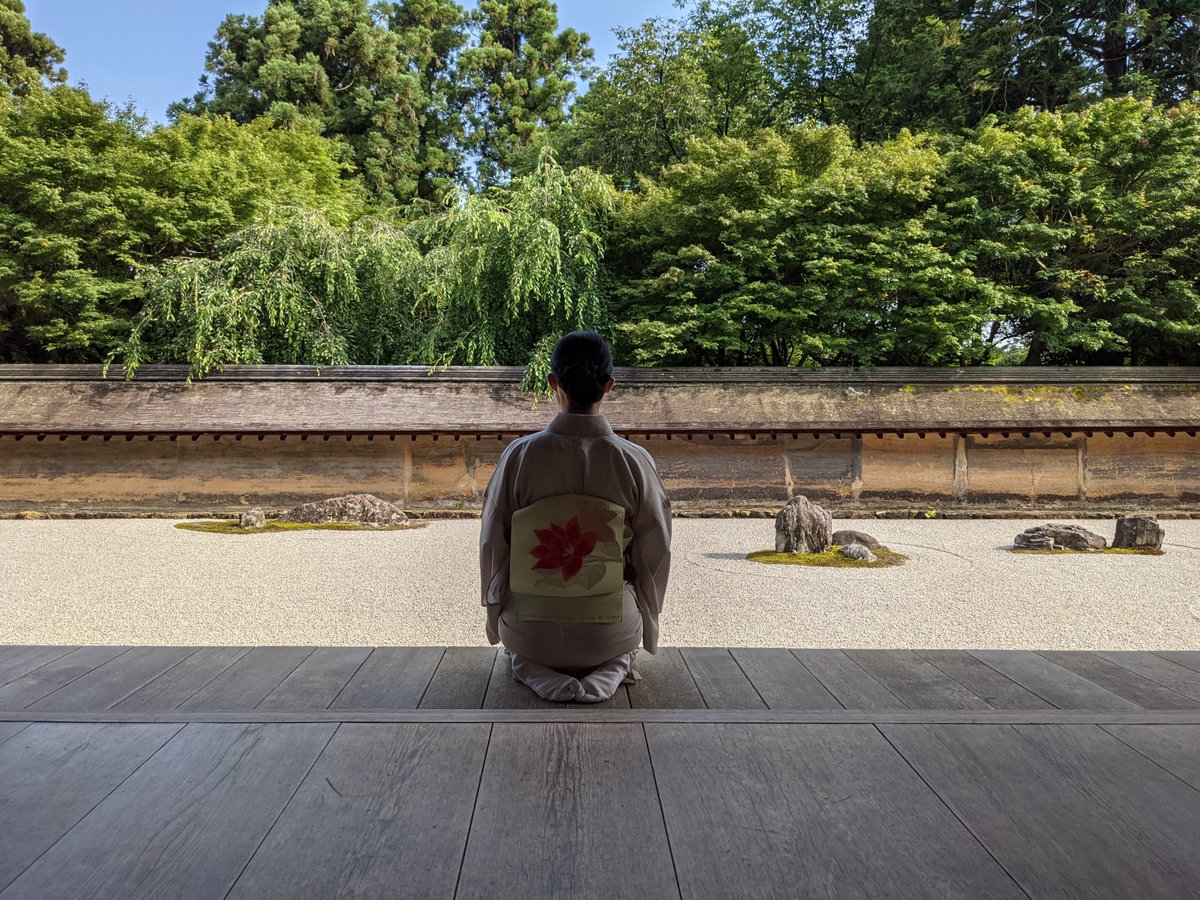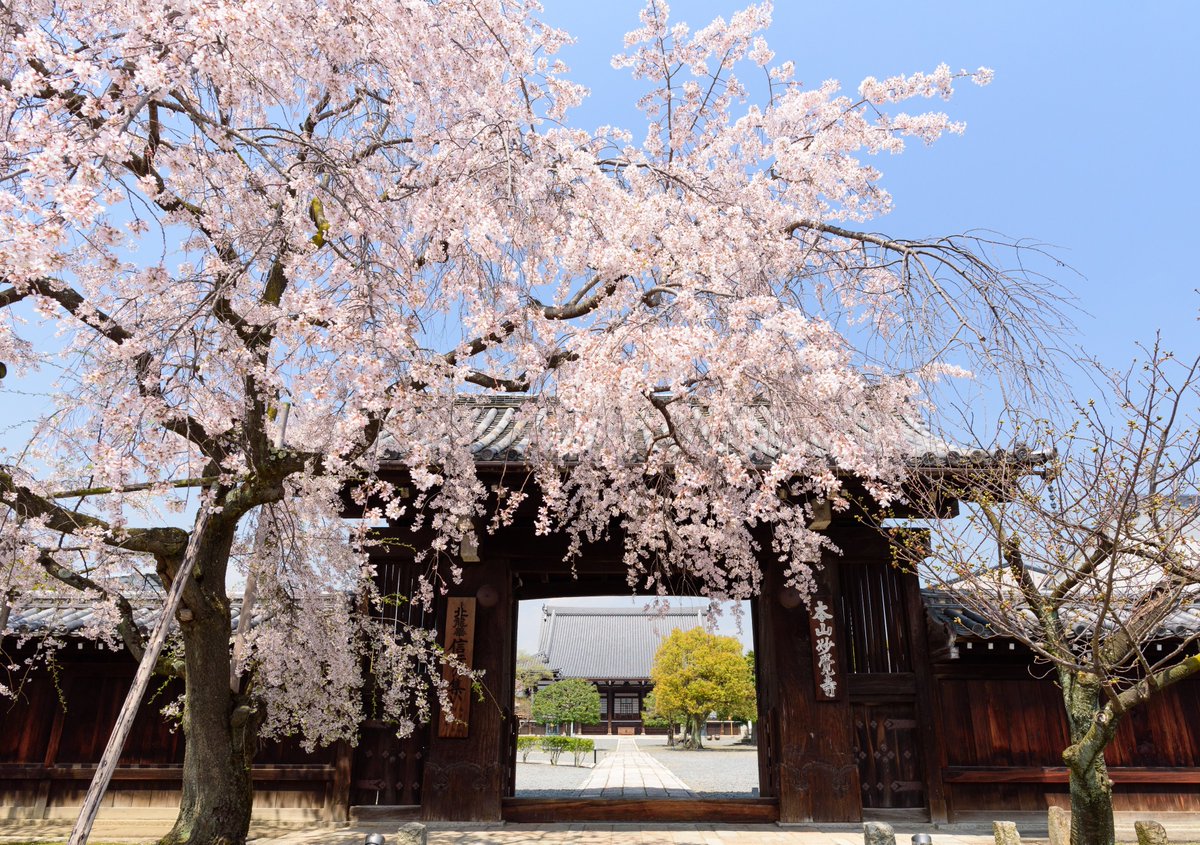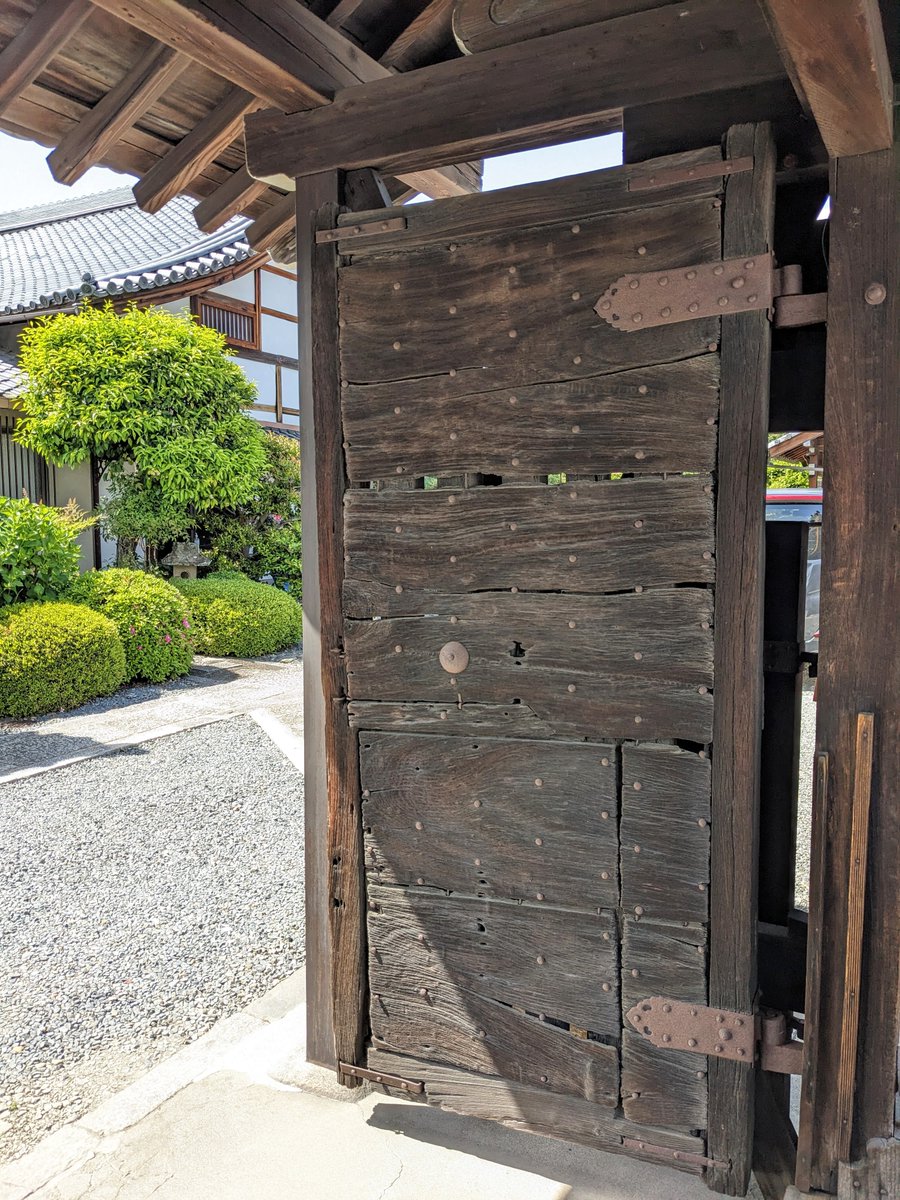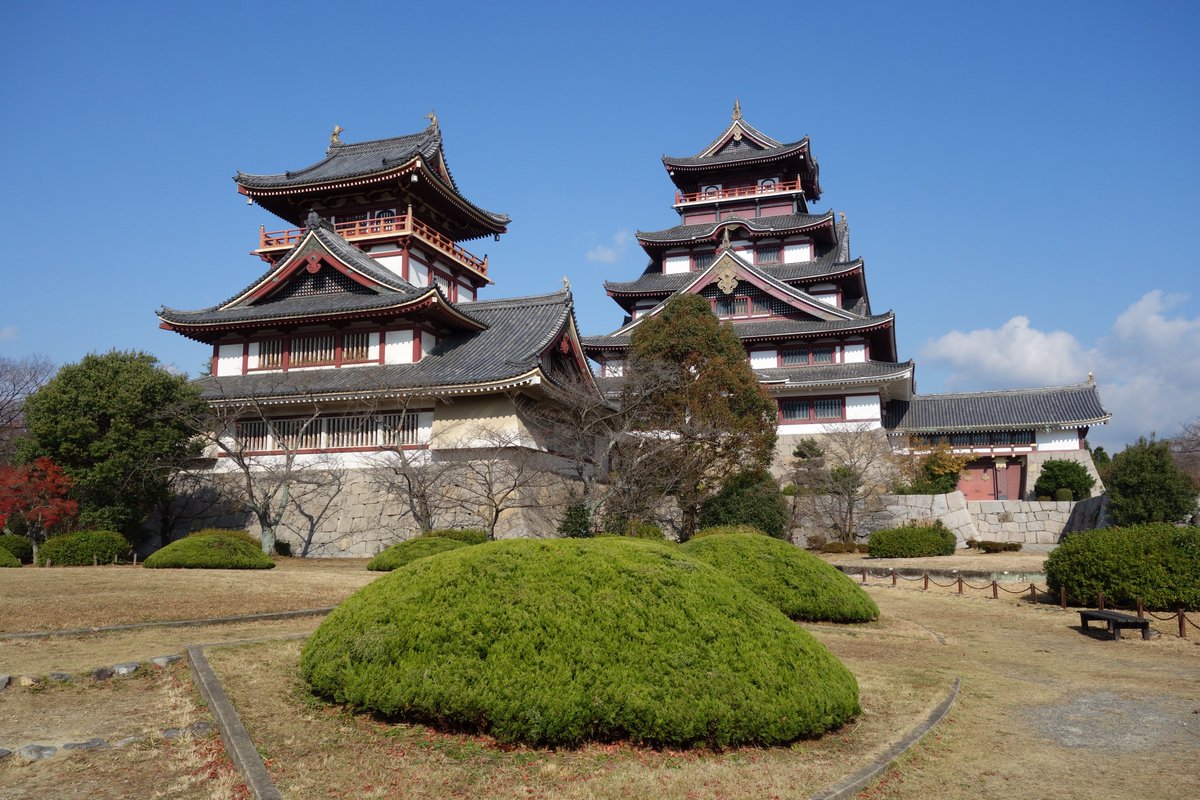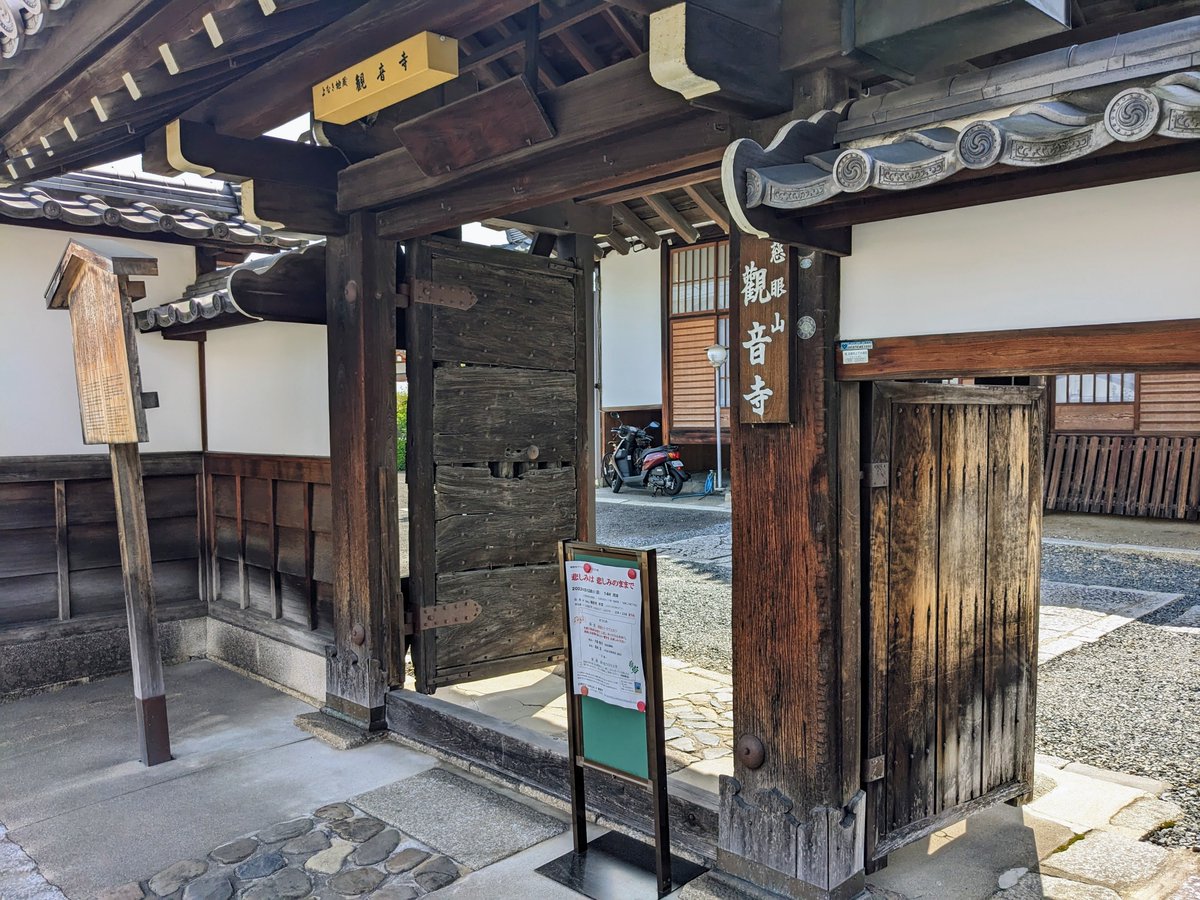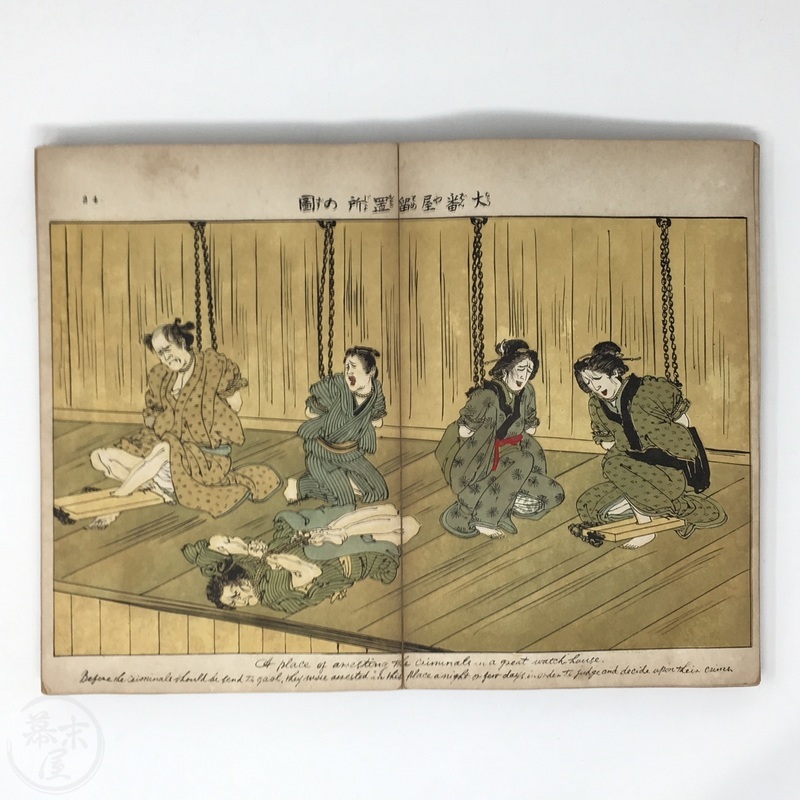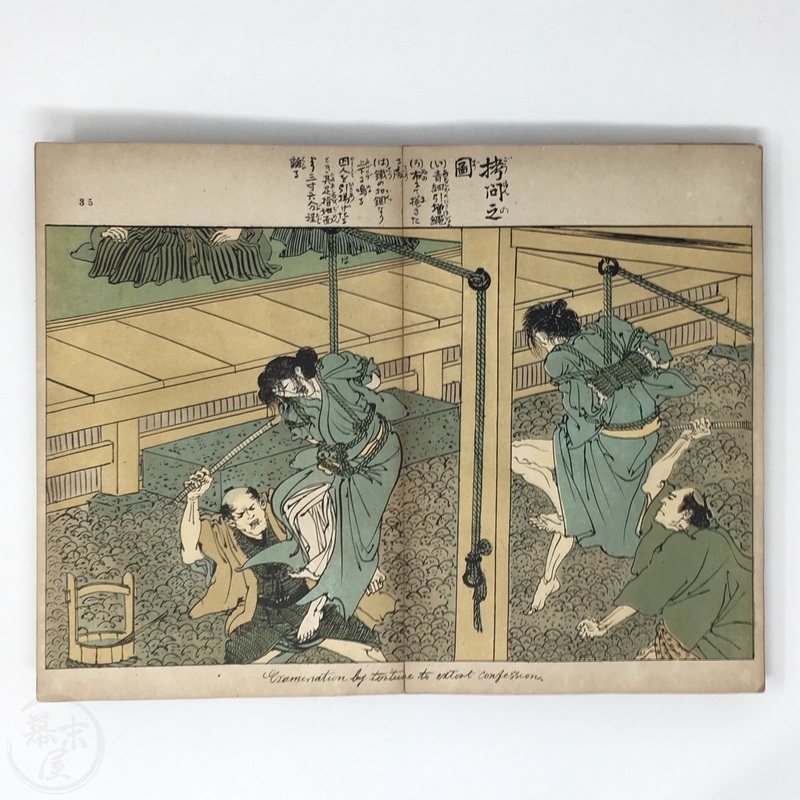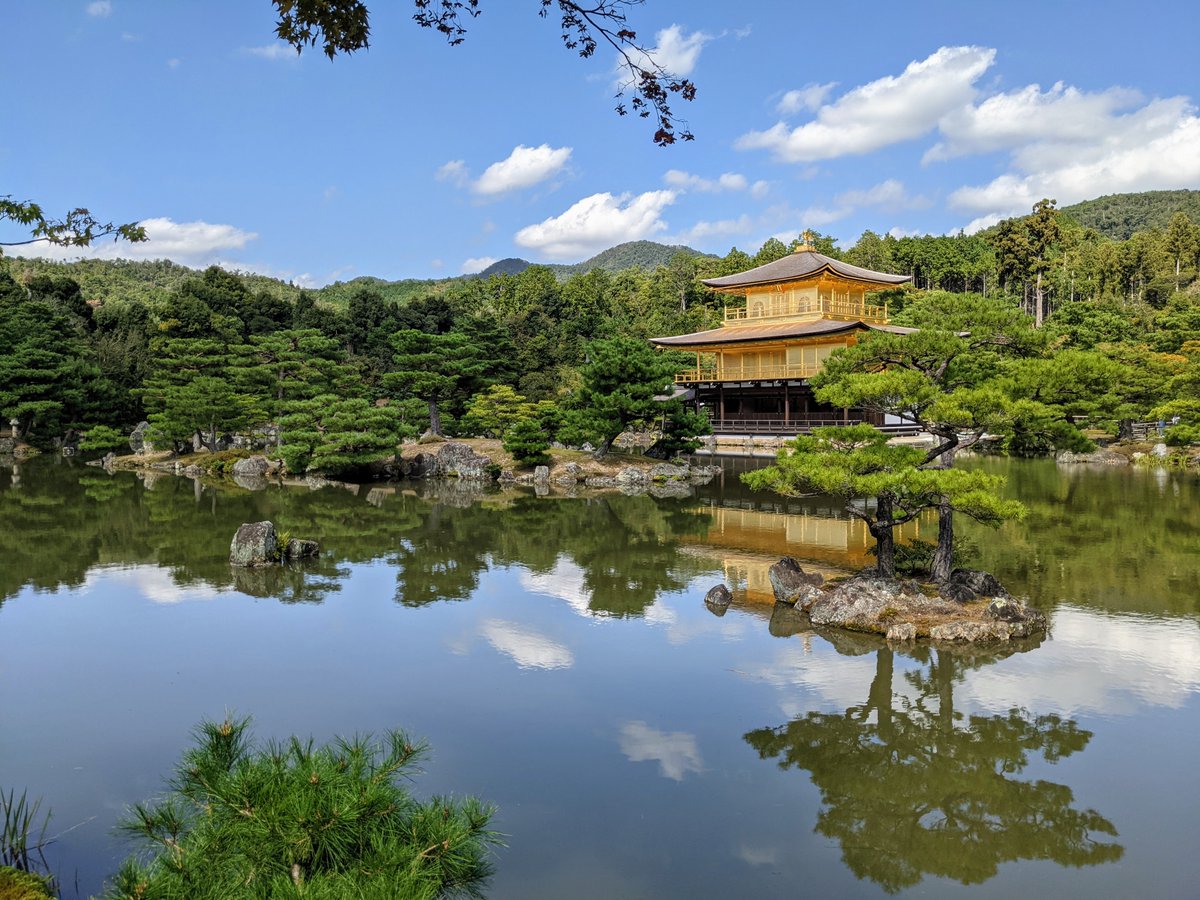🌳BONSAI BONANZA🤏
Kyōto hosts 2 major exhibitions of Bonsai each year at the Miyako Messe: the 'Nihon Bonsai Taikanten' (日本盆栽大観展) in Autumn, and the 'Gafūten Shōhin' (小品盆栽 雅風展) in January, which focuses on Bonsai so small they can be held in the palm of your hand.



Kyōto hosts 2 major exhibitions of Bonsai each year at the Miyako Messe: the 'Nihon Bonsai Taikanten' (日本盆栽大観展) in Autumn, and the 'Gafūten Shōhin' (小品盆栽 雅風展) in January, which focuses on Bonsai so small they can be held in the palm of your hand.




Some time during the Tang dynasty, 'penjing' (盆景), the Chinese tradition of creating miniature landscapes in a tray, arrived in Japan. Here the emphasis moved from creating entire scenes to focusing on individual trees, replicating full-grown specimens on a minute scale.
#Japan



#Japan




Penjing began to arrive in Japan from the 7thC, brought back from the mainland by returning embassy officials and Buddhist students, but the first appearance of (what we would recognize as) Bonsai in Japanese art is in the 1195 'Saigyō Monogatari emaki' (西行物語絵巻).
#bonsai



#bonsai




🍃DEADWOOD BONSAI💀
Some of the most stunning Bonsai utilize deadwood as part of their overall aesthetic: 'jin' (神) is a branch stripped bare, 'shari' (舎利) is a bark-less part of the trunk, and an 'uro' (洞) is a hollow or irregular-shaped wound in the trunk.
#bonsai #盆栽



Some of the most stunning Bonsai utilize deadwood as part of their overall aesthetic: 'jin' (神) is a branch stripped bare, 'shari' (舎利) is a bark-less part of the trunk, and an 'uro' (洞) is a hollow or irregular-shaped wound in the trunk.
#bonsai #盆栽




The process of creating deadwood takes great skill & a lot of time (often many years). It is a complex task that involves killing, stripping, bleaching & painting (with lime sulfur) each portion.
🦴jin (神 kami/spirit)
🦴shari (舎利 bones left after cremation)
🦴uro (洞 hollow)



🦴jin (神 kami/spirit)
🦴shari (舎利 bones left after cremation)
🦴uro (洞 hollow)




Some of Japan's earliest depictions of dwarf trees appear in the 'Ippen Shōnin-eden' (一遍上人絵伝 1299), 'Kasuga-gongen-genki-e' (春日権現験記絵 1309) & 'Boki-ekotoba' (慕帰絵詞 1351) scrolls. Zen monks in particular promoted 'penjing' as a cultured pastime to leading figures. 







In the 14thC dwarf trees were known as 'Hachi-no-ki' (鉢の木), after the deepish bowls they were grown in. A famous 1383 Noh play by Zeami (世阿弥) called 'Hachi-no-ki' (in which a Samurai burns his last 3 trees to warm a traveling monk) helped popularize these proto-Bonsai. 







This stunning 500-year old Bonsai was recipient of the "Prime Minister's Award" (内閣総理大臣賞).
One of the key factors in determining the 'worth' of Bonsai is their age. It's only after about 100 years that their value truly increases, so many trees become treasured heirlooms.

One of the key factors in determining the 'worth' of Bonsai is their age. It's only after about 100 years that their value truly increases, so many trees become treasured heirlooms.


As the 'Nihon Bonsai Taikanten' (日本盆栽大観展) is held at the end of fall, there were many wonderful autumnal trees on display.
My favourite was a miniature persimmon, under which an elderly chap took a nap.
#Japan #bonsai #盆栽 #Kyoto #京都



My favourite was a miniature persimmon, under which an elderly chap took a nap.
#Japan #bonsai #盆栽 #Kyoto #京都




The 'Sandai-shōgun-no-matsu' (三代将軍の松), not pictured, is a National Treasure and one of the oldest Bonsai. Planted in 1610, it is thought Shōgun Tokugawa Iemitsu (徳川家光) at one time cared for the tree (thus the name). It's now part of the Tōkyō Imperial Palace collection. 







• • •
Missing some Tweet in this thread? You can try to
force a refresh



